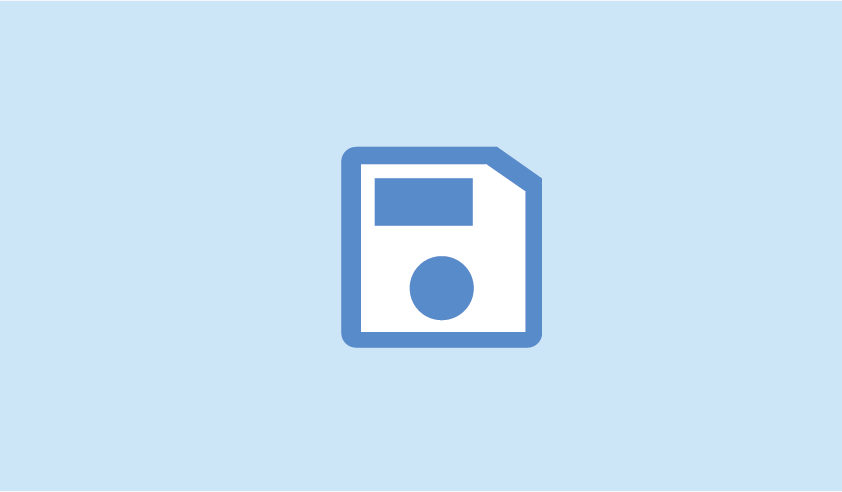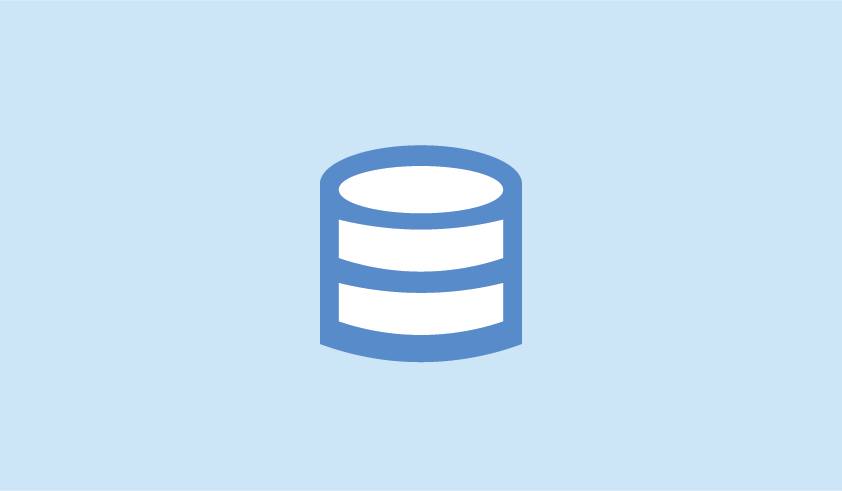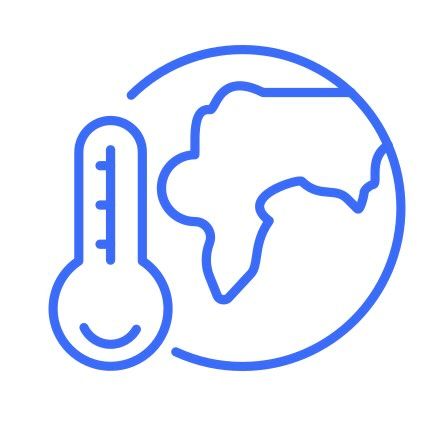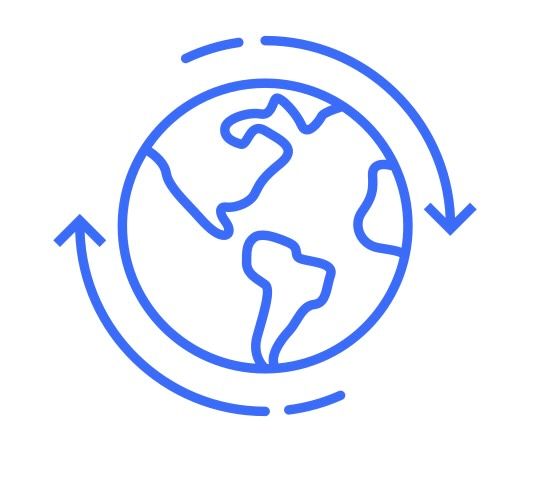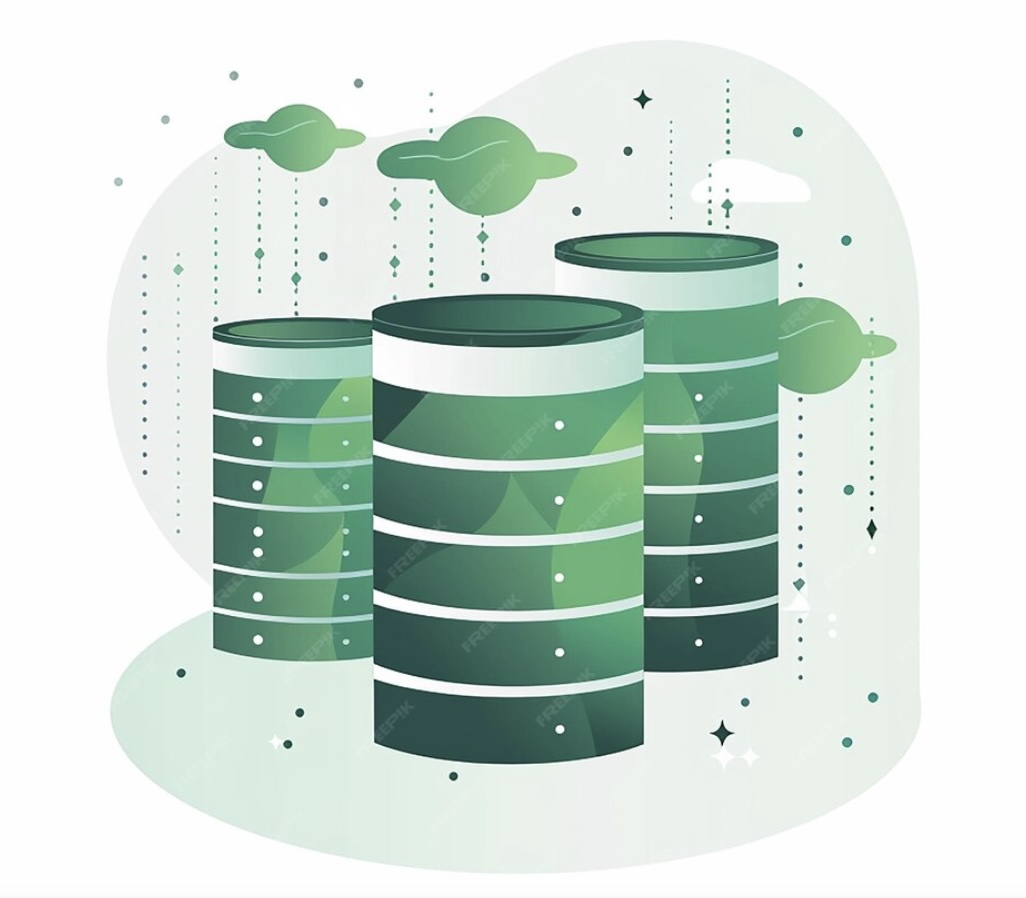Climate and nature technology!
With an open philosophy and methodology we can solve the global grand challenges in more effective, transparent and democratic ways.
The basics of open
Dive in and learn more about the core topics of open
How can policymakers benefit from open climate data?
Answer: Policymakers can use open climate data to craft informed strategies for mitigating climate risks and adapting to changes. By accessing up-to-date and reliable data, they can make decisions that are responsive to the latest scientific findings and public needs, ensuring more effective climate action.
What are the benefits of using open source platforms for environmental monitoring?
Answer: Open source platforms offer flexibility, transparency, and community-driven innovation. They allow users to tailor monitoring tools to specific environmental conditions, fostering more accurate data collection and analysis, which is crucial for informed decision-making in climate action.
What types of climate data are commonly shared as open data?
Answer: Commonly shared climate data includes temperature records, precipitation data, greenhouse gas emissions, sea-level measurements, and satellite imagery. These datasets are vital for understanding climate trends and informing actions to reduce carbon footprints and adapt to changes.
Why is open data essential for climate research?
Answer: Open data is crucial for climate research as it allows scientists to access and analyze vast amounts of information. This transparency enhances the reproducibility of studies, facilitates cross-disciplinary research, and supports evidence-based policy-making to combat climate change.
What are the challenges of using open data in climate research?
Answer: Challenges include data quality, consistency, and accessibility. Open data often comes from diverse sources with varying standards, making it difficult to integrate. Additionally, large datasets require significant computational resources and expertise to analyze effectively.
How can open source software contribute to climate resilience?
Answer: Open source software enables the development of adaptable tools for monitoring and predicting climate impacts. Communities can customize these tools to meet local needs, empowering them to build resilience against climate-related risks such as extreme weather events and sea-level rise.
Why is open source important for climate research?
Answer: Open source software is vital for climate research as it promotes transparency and collaboration among scientists. By making tools and data available to everyone, researchers can validate findings, share methodologies, and accelerate the development of solutions to address climate change.
How can open data help in addressing climate change?
Answer: Open data enables the analysis of climate patterns, identification of vulnerabilities, and the development of targeted solutions. By making climate data accessible, researchers, policymakers, and communities can collaborate more effectively to mitigate and adapt to climate impacts.
How do open source initiatives support global climate collaboration?
Answer: Open source initiatives break down geographical and institutional barriers, enabling global collaboration on climate issues. Researchers and developers from diverse backgrounds can contribute to and benefit from shared resources, fostering a collective effort towards mitigating climate change.
Sectors
Projects and organisations grouped by sector
Datasets
Access our currated list of 800+ datasets
Global Landslide Hazard Map
→
Open Buildings
→
ECMWF GloFAS
→
Protected Planet
→
Sentinel datasets
→
Microsoft building footprint dataset
→

